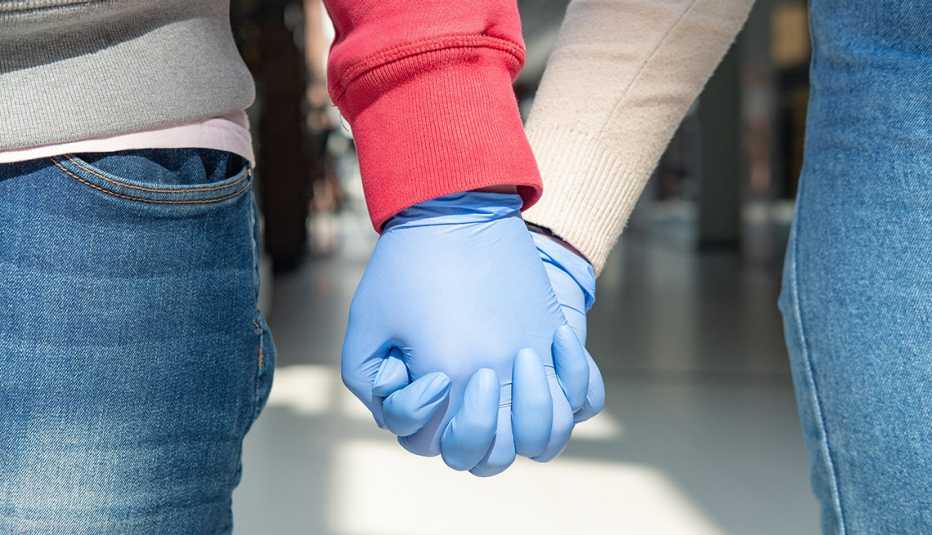Staying Fit
After a certain age, it's easy to dismiss sexually transmitted diseases (STDs) as something you don't have to worry about. But experts note that anyone, at any age, can contract such an infection, and rates of STDs among adults age 65 and older have more than doubled over the past decade, according to the Centers for Disease Control and Prevention.
That's partly because older adults are living longer and enjoying active sex lives, thanks to medications for erectile dysfunction and vaginal dryness. They are also less likely than people in many other age groups to use a condom, in part because they aren't concerned about pregnancies.


AARP Membership— $12 for your first year when you sign up for Automatic Renewal
Get instant access to members-only products and hundreds of discounts, a free second membership, and a subscription to AARP the Magazine.
"Older Americans get lulled into a false sense of low risk,” says Sten Vermund, M.D., dean of the Yale School of Public Health and coauthor of a 2021 report on STDs for the National Academies of Sciences, Engineering and Medicine. “They think, I'm a grandfather or grandmother – how can I be at risk of a sexually transmitted infection?” But if you are having sex with a new partner or outside of a monogamous relationship, you are at risk, he says.
Monica Christmas, M.D., director of the Center for Women's Integrated Health at the University of Chicago, says her older patients are often shocked when they are diagnosed with an STD.
"They say, ‘But this is the only person that I'm seeing,’ “ she says. “They make assumptions that they are the only person their partner is with, but they're not having those conversations. We are really impressing on them that condom use is so important, even though you can't get pregnant.”
Many STDs carry health risks without early signs
Another problem: Health care providers tend not to ask their older patients about their sex lives, so they don't always get screened for STDs, says Michigan geriatrician Gwendolyn Graddy, M.D.
"Often, as physicians, we don't equate our older adults with being sexually active, and we may not be looking for the signs and symptoms of STDs, because it's not first thing on our minds,” Graddy explains.



































































